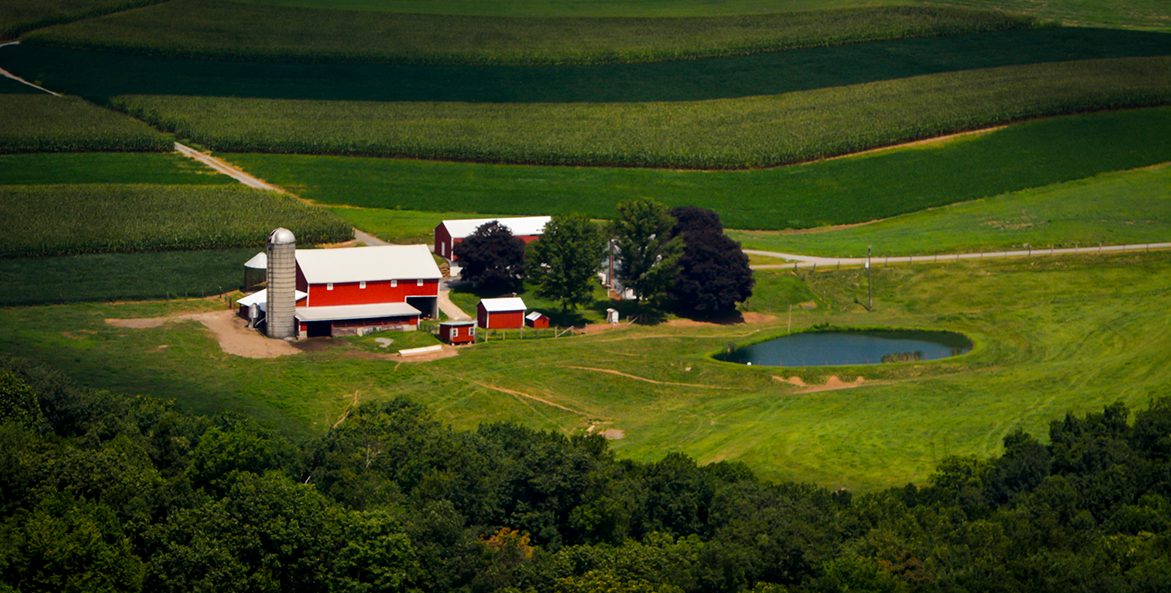This post was originally published on February 16, 2024, in Agri-Pulse.
Any good financial planner will tell you to save for the future even when money is tight. Sure, setting aside money for retirement can be tough when you’ve got bills to pay. But you’ll enjoy your golden years a lot more if you save and earn interest for your senior self now.
As a farmer, I know the same holds true for farmers and our land. I raise vegetables and livestock on a 283-acre farm in Upper Marlboro, Maryland. I know firsthand how challenging it can be to keep an operation going from year to year. As the father of a five-year-old, I also know how deeply farmers care about the legacy they leave the next generation. And the best way to ensure your farm’s future is to invest in healthy soil now.
Demand for these programs, which benefit so many people, communities, and environments, far outstrips current funding.
That’s why the next Farm Bill must fully fund voluntary federal cost-share programs that help farmers adopt conservation practices that improve their soil. That includes the $20 billion from the 2022 Inflation Reduction Act (IRA) that Congress devoted specifically to Farm Bill conservation programs.
Soil rich in nutrients and living organisms is more productive than depleted soil. Robust root networks that retain water make healthy soil more resilient to drought, intense storms, and other extreme weather that can wipe out crops.
Most importantly, healthy soil helps farmers get through rough patches so they can pass a thriving farm down to their children and grandchildren. But building healthy soil, like saving for retirement, takes time, money, and commitment.
Unfortunately, some in Congress want to back away from the IRA’s historic investment in agricultural conservation and use the money for other programs. The sole purpose of that money is to benefit more farmers who want to improve their soil health, farm resiliency, and economic viability. Congress must not renege on that commitment.
Farming practices supported by conservation cost-share programs, like streamside forest buffers, planting cover crops, minimizing land tillage, and rotating where livestock graze, improve soil health by building organic matter and strengthening the structure and stability of the soil. Healthy soil is better able to hold onto precious water and nutrients and store more carbon, too.
A good financial advisor would tell Congress it must still invest for the future—and the future of our farms and our food supply depends on healthy soil.
These practices reduce polluted runoff and soil erosion, boost water quality, provide pollinator habitat, and reduce on-farm greenhouse gases. It’s not just the individual farmer who benefits either. Anyone who eats or wears what the farmer grows or relies on clean water for their livelihood, drinking, or recreation reaps the rewards.
Voluntary, incentive-based programs such as the Conservation Reserve Program (CRP) and Environmental Quality Incentives Program (EQIP) are so popular that nationally, only a fraction of farmers who apply get contracts. Just 31 percent of CRP applications and 25 percent of EQIP applications nationwide were awarded contracts, according to the Institute for Agriculture & Trade Policy, in a study that Agri-Pulse just covered.
Demand for these programs, which benefit so many people, communities, and environments, far outstrips current funding. Congress set aside $20 billion in the IRA to make the funds available to more interested farmers. As pressing as other Farm Bill needs may be, a good financial advisor would tell Congress it must still invest for the future—and the future of our farms and our food supply depends on healthy soil.
Americans rely on farmers and ranchers to provide safe, affordable food to feed their families and power our economy. Yet the amount of productive farmland in the United States is shrinking all the time. Rebuilding soil health is the best way to reverse this trend. I can’t think of a smarter way for Congress to invest the American people’s money than in conservation programs that protect the future of farming, clean water, and our food security.




